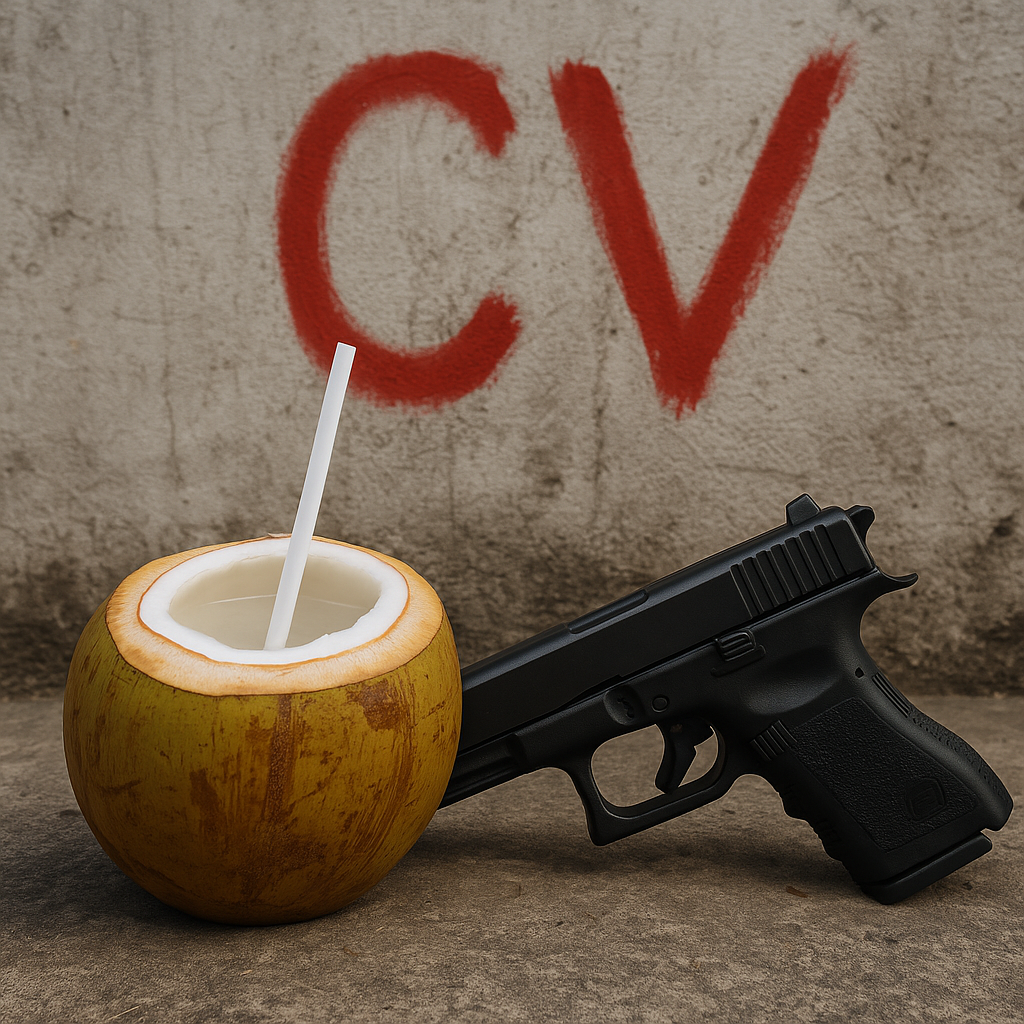A 40-year-old man was arrested on Tuesday (19/08) on suspicion of threatening coconut water vendors working on Fortaleza’s Beira-Mar beachfront. After previously attempting to monopolize Ceará’s internet services through attacks on internet service providers (ISPs), criminals apparently linked to the Red Command (CV) are now seeking to dominate the sale of coconut water and other products along Avenida Beira-Mar, Fortaleza’s main tourist attraction.Witnesses report that legitimate vendors and suppliers have been threatened, creating fear among those who depend on sales in the area. Police confirmed they are investigating the case and have reinforced patrols to increase security along the avenue.
This Content Is Only For Subscribers
To unlock this content, subscribe to INTERLIRA Reports.
WhatsApp Group
According to authorities and vendors, the criminals established a WhatsApp group called “Grupo das Bebidas” (Drinks Group) and compelled all street vendors operating in Beira-Mar to join. Orders are issued through this app, and death threats are used to ensure compliance. Members of the group demand that vendors purchase all their products exclusively from a warehouse controlled by the faction. The group currently has 74 participants, including both vendors and suspected members of the criminal organization.
Beverages
The scheme goes beyond coconut water and extends to items such as beer, soda, cups, and even straws. Street vendors report that men claiming to represent the Red Command approached them directly, saying a central deposit would be established where all beverages must be bought. A criminal identified as “PH,” described as a local leader, informed vendors that they were prohibited from purchasing goods from any other supplier. Noncompliance, according to threats, could result in deadly retaliation.
Identifying Criminals
Messages sent by the group often end with a red flag emoji, a clear reference to the Rio de Janeiro-based faction. Investigators also noted that one of the participants uses a phone number with the 21 area code, which corresponds to the city of Rio de Janeiro. This detail strengthens suspicions of direct coordination between local operatives in Fortaleza and faction leaders based in Rio.
Analysis:
This case illustrates how organized crime groups are diversifying their sources of revenue and expanding control over local economies beyond traditional illicit markets. By targeting vendors along Fortaleza’s Beira-Mar, the Red Command is not only exploiting a profitable tourist hub but also embedding itself in the daily commercial fabric of the city. The use of a WhatsApp group to coordinate sales and enforce compliance demonstrates how criminal organizations adapt technology to consolidate power, control supply chains, and intimidate individuals with relative anonymity.
The threats against vendors and the imposition of a monopoly on basic goods reveal the group’s strategy of using violence and coercion to create a parallel authority. This approach mirrors tactics used in other regions where factions extend influence over legitimate businesses to launder money, gain territorial control, and weaken state authority.




